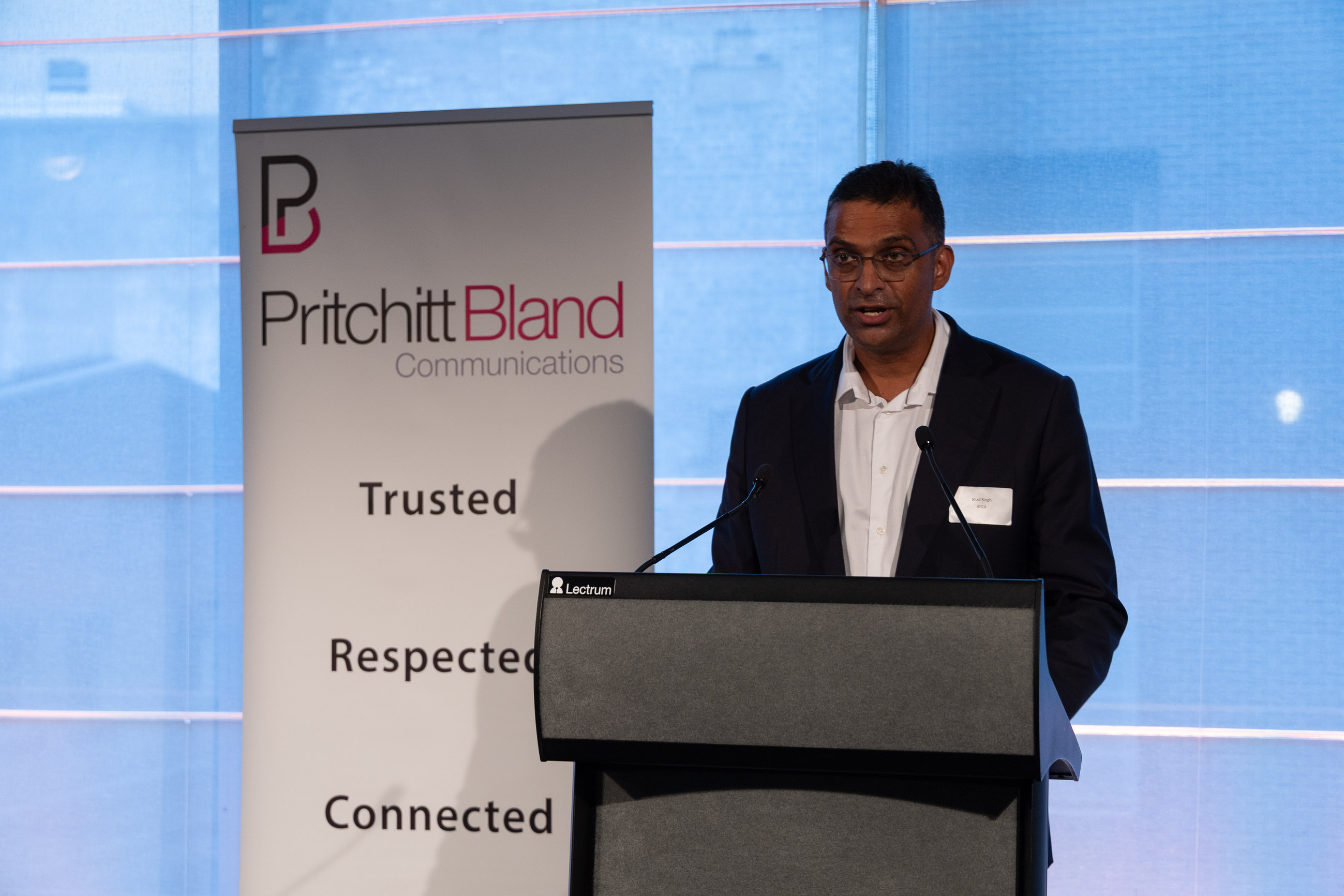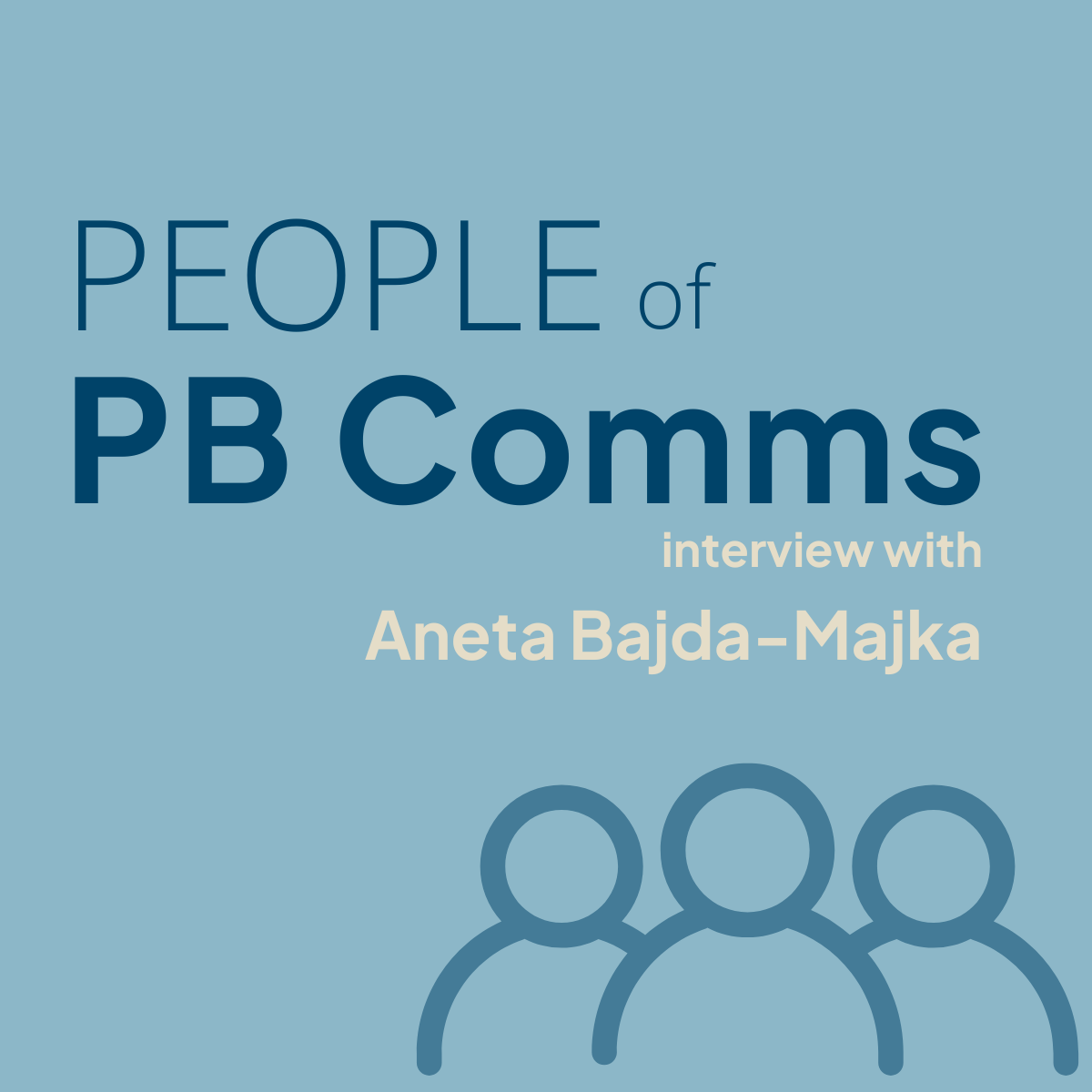Organisations often don’t get the most out of their public relations advisers, which means they aren’t getting full value from the relationship.
Any consulting arrangement requires a commitment from all involved, with assurance given and obligations are fulfilled. Without this, trust may be eroded and the goals of communications and PR activity are less likely to be achieved.
Tips for organisations to get the most out of their advisers include:
Bring them into the business
PR advisers who feel part of the business rather than external suppliers will always be more effective. Good consultants immerse themselves in the organisation, building a complete understanding of what it does and how, and what else the business would like to achieve. Keeping advisers at arm’s length or treating them as outsiders will only limit what they can achieve.
Don’t confine the contact
Effective advisers will have a range of contacts in a client organisation. If they are going to be contacting the media on an organisation’s behalf, the more they know about the operations and its spokespeople, the better. Clients shouldn’t feel the need to keep public relations consultants away from key executives.
Have a main point of contact
At the same time, there needs to be someone internally responsible for the PR activity who is the main point of contact for the consultancy to coordinate activities, keep the program on track, and reduce wasted time for executives and the consultant alike. They need to be fairly senior and experienced, able to bring consultants up to date on what is happening in the business, and have the time available to be involved, including regular planning meetings. In most circumstances consultants should also have direct access to the CEO.
Have a plan
For consultants, the starting point for an effective program is the business plan. Understanding the objectives and aims of the business means that a mutually agreed program can be tailored to help support these goals and communicate the right messages about the business.
Involve consultants early
A big frustration for consultants is when they are only told about a new initiative or launch at the last minute. Rather, they should be involved in the development of the communication plan from the beginning, be able to think about it over time and help make the most of the opportunity. Any other approach is likely to mean that opportunities will be missed – usually unnecessarily. Too often organisations don’t get the messages across effectively to all stakeholders or miss opportunities because they did not involve their consultants in developing activities including an announcement timetable.
Listen to advice
Too often we hear consultants complain that their advice is ignored, which just doesn’t make sense. If an adviser says that it’s a bad time to send out a media release, or that an announcement is too “sales-y”, self-promoting or lacks news value, they should know what they are talking about.



















